Why did voters reject a second major nature park?
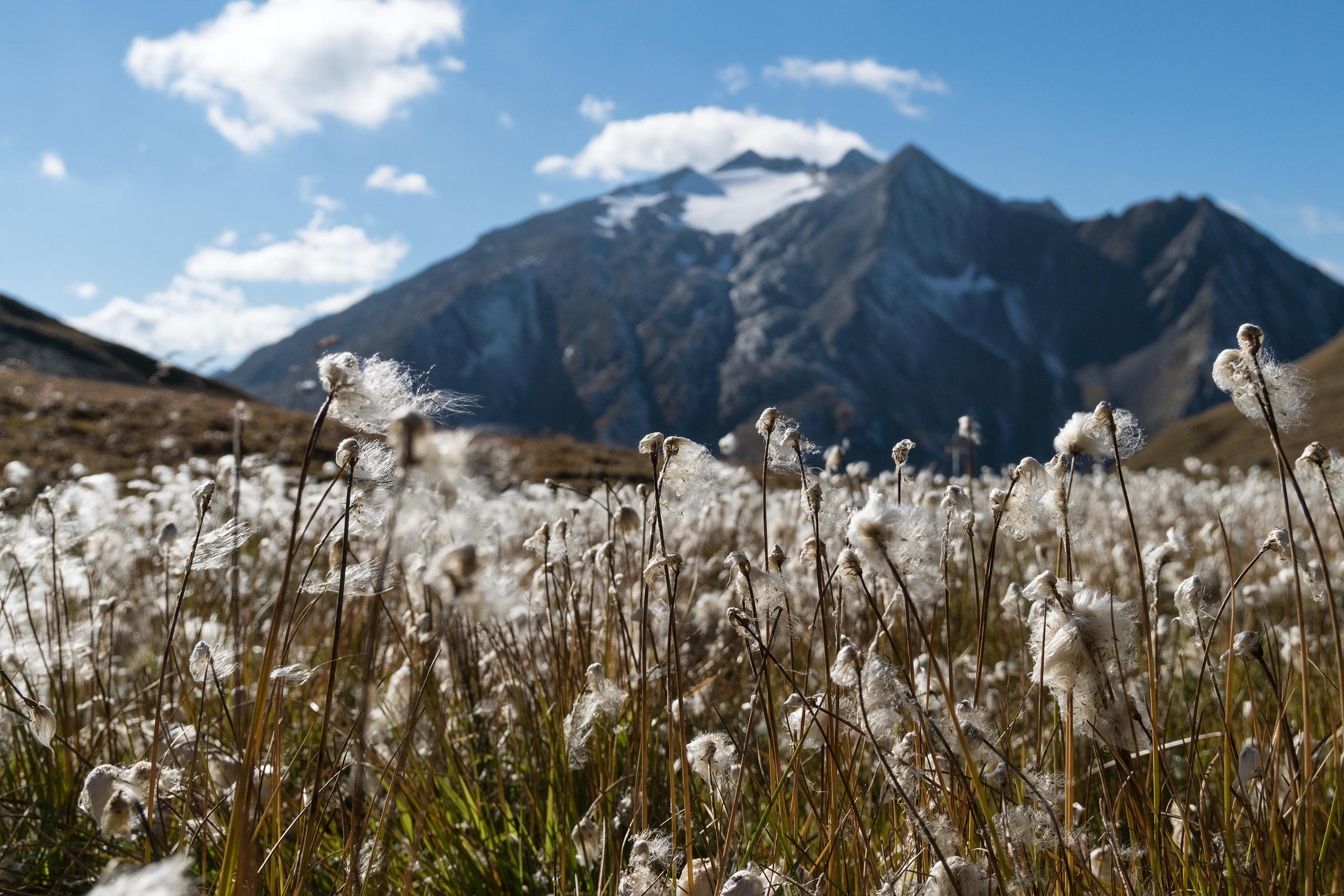
Eight of 17 municipalities, including two key communes, have rejected plans for a second national park in the Swiss Alps in a series of local votes on Sunday. The decision spells the end of the Parc Adula in the southeast of the country. A prominent environmental politician, Andrea Hämmerle explains why.
Hämmerle has fought for environmental issues in the Swiss parliament for 20 years and is working on an international comparison of nature parks.
The Parc Adula could have become the first major nature reserve in the world with the political legitimacy of direct democratic approval.
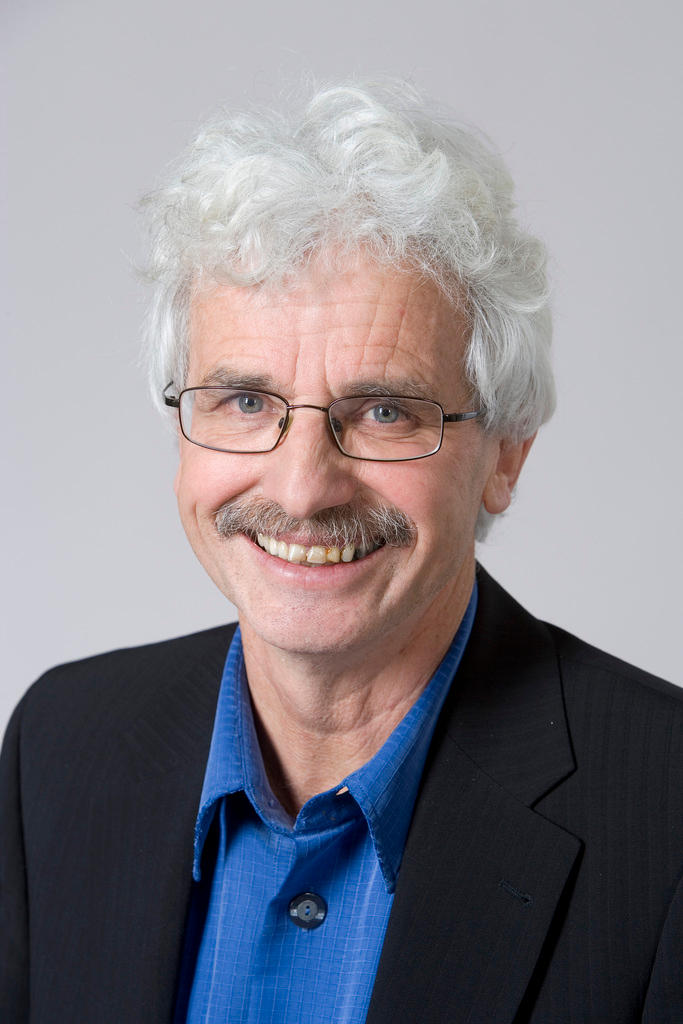
But only nine municipalities in cantons Graubünden and Ticino came out in favour. The project needed the approval at least 13 communes to pass. Voters in the municipalities of Blenio and Vals in the heart of the planned park, rejected the plans.
A first national nature park was set up in 1913 based on a treaty between the Swiss government and the municipality of Zernez in canton Graubünden.
swissinfo.ch: The promoters involved citizens in the decision-making process at an early stage and with information campaigns. Why did voters end up saying no?
Andrea Hämmerle: Opponents raised two main concerns against the Parc Adula during the campaign: too much bureaucracy and restrictions of individual rights for the local population. This led to distrust against ‘environmental bureaucracy’.
swissinfo.ch: Is the distrust also a vote of no-confidence in direct democracy and its method of deliberative politics?
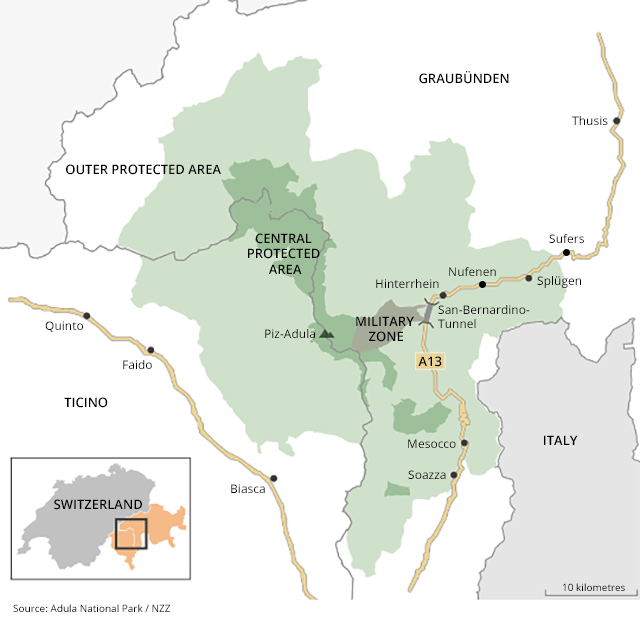
A.H.: I don’t think so. It’s a fact that it’s virtually impossible to win voters’ approval for a new national park. But it would be wrong to blame the system of direct democracy for it.
Having said that, it’s impossible to create such a nature park as examples in other countries have shown. I know of no such project that has won a majority of votes from local citizens.
swissinfo.ch: How come?
A.H.: People are worried that their freedom might be restricted and that outside forces would interfere in their lives. The phenomenon is widespread.
However, the story changes once the park has been created. There is still criticism, but not as much. People begin to see the advantages of the park.
swissinfo.ch: Does it make sense to let local voters decide on a project of national importance?
A.H.: It’s a dilemma. A national park must win the support of a wider group of voters, but it’s very problematic to overrule the local population.
swissinfo.ch: Is this the end of the Parc Adula?
A.H.: It is. Because the core municipalities rejected it.
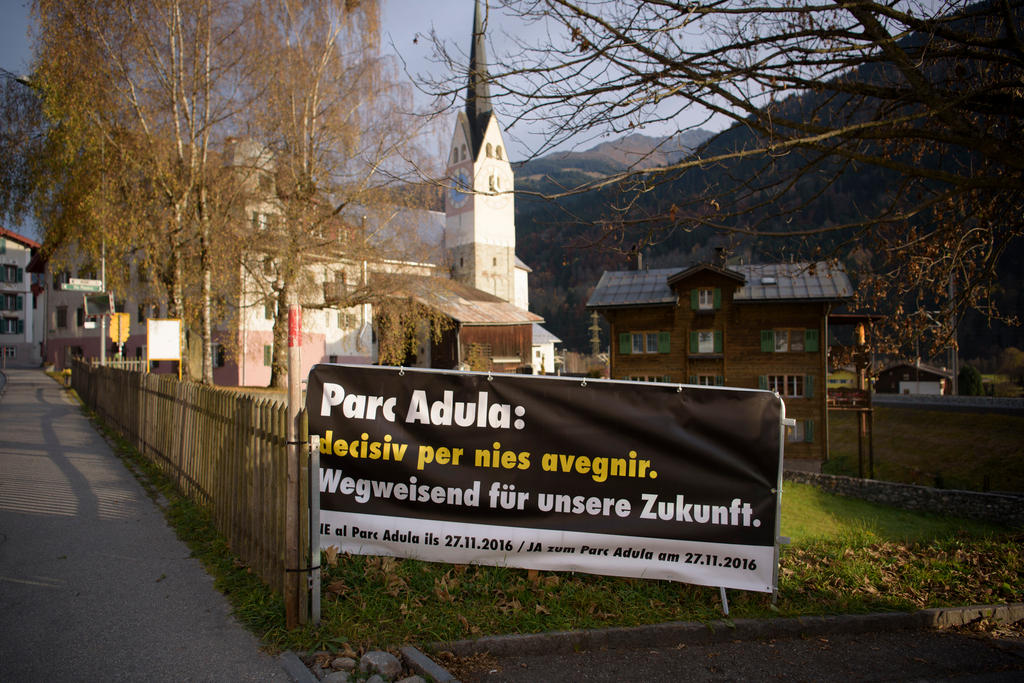
More
Alpine vistas of proposed national park
Is a second national park only realistic if the Swiss government imposes its plans? Let us know what you think?
Adapted from German by Urs Geiser

In compliance with the JTI standards
More: SWI swissinfo.ch certified by the Journalism Trust Initiative

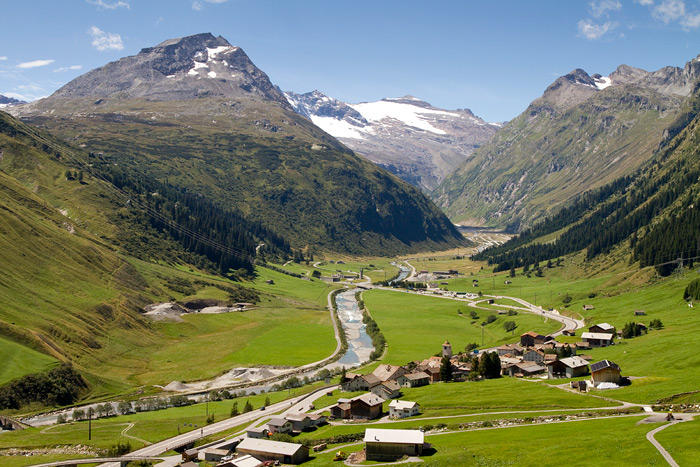

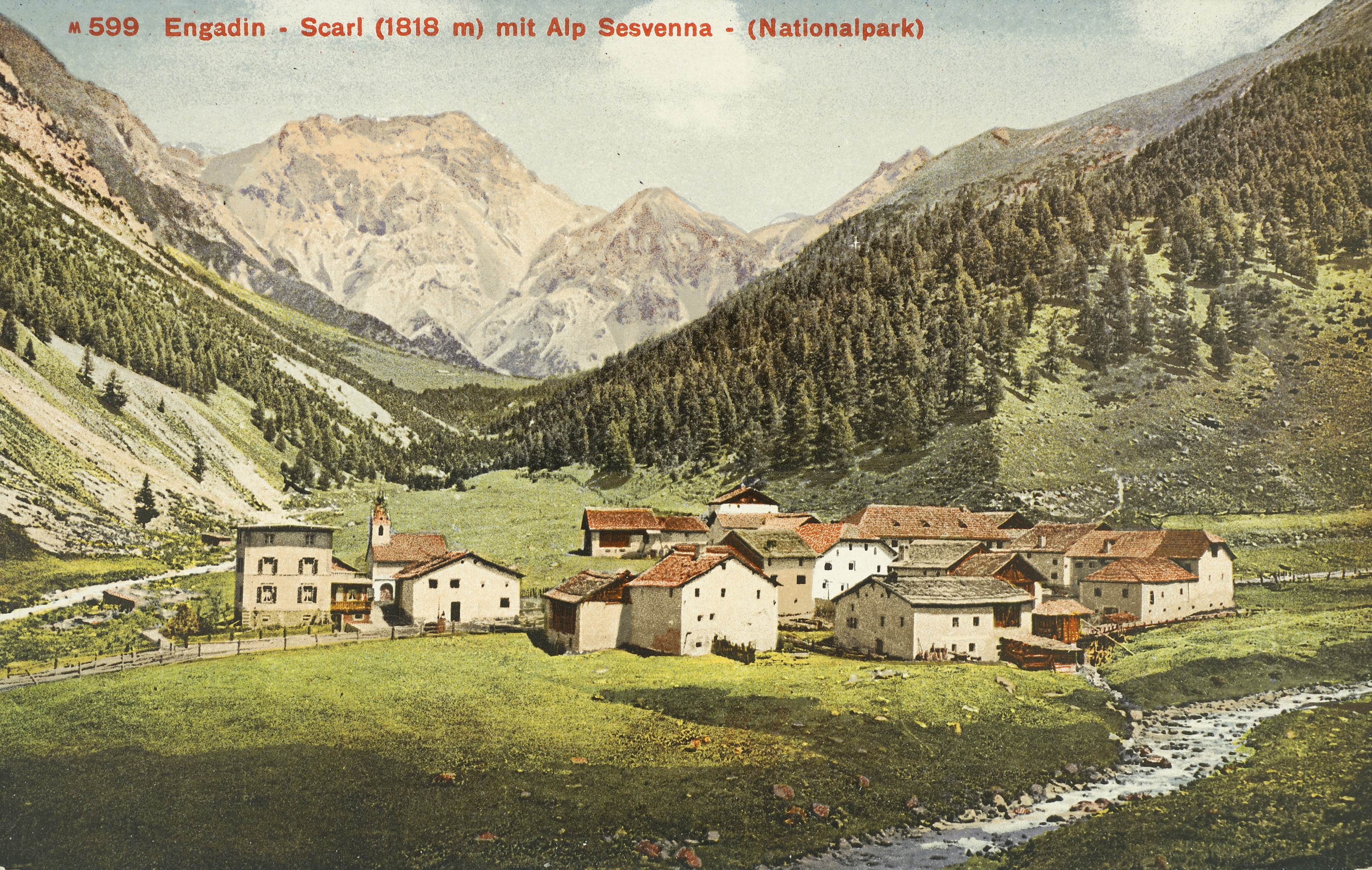
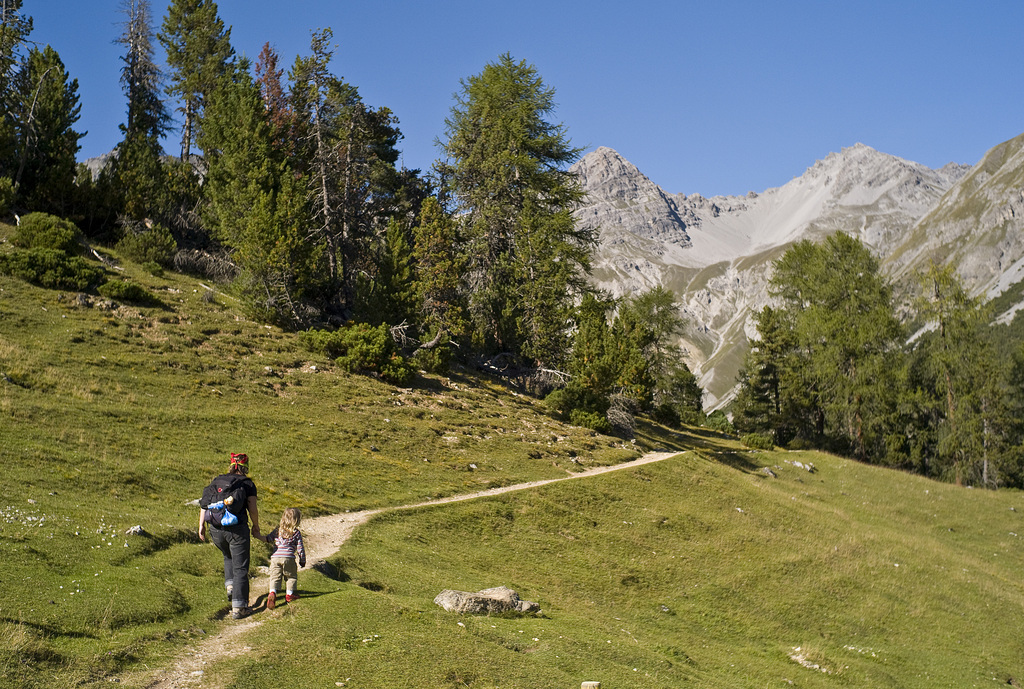
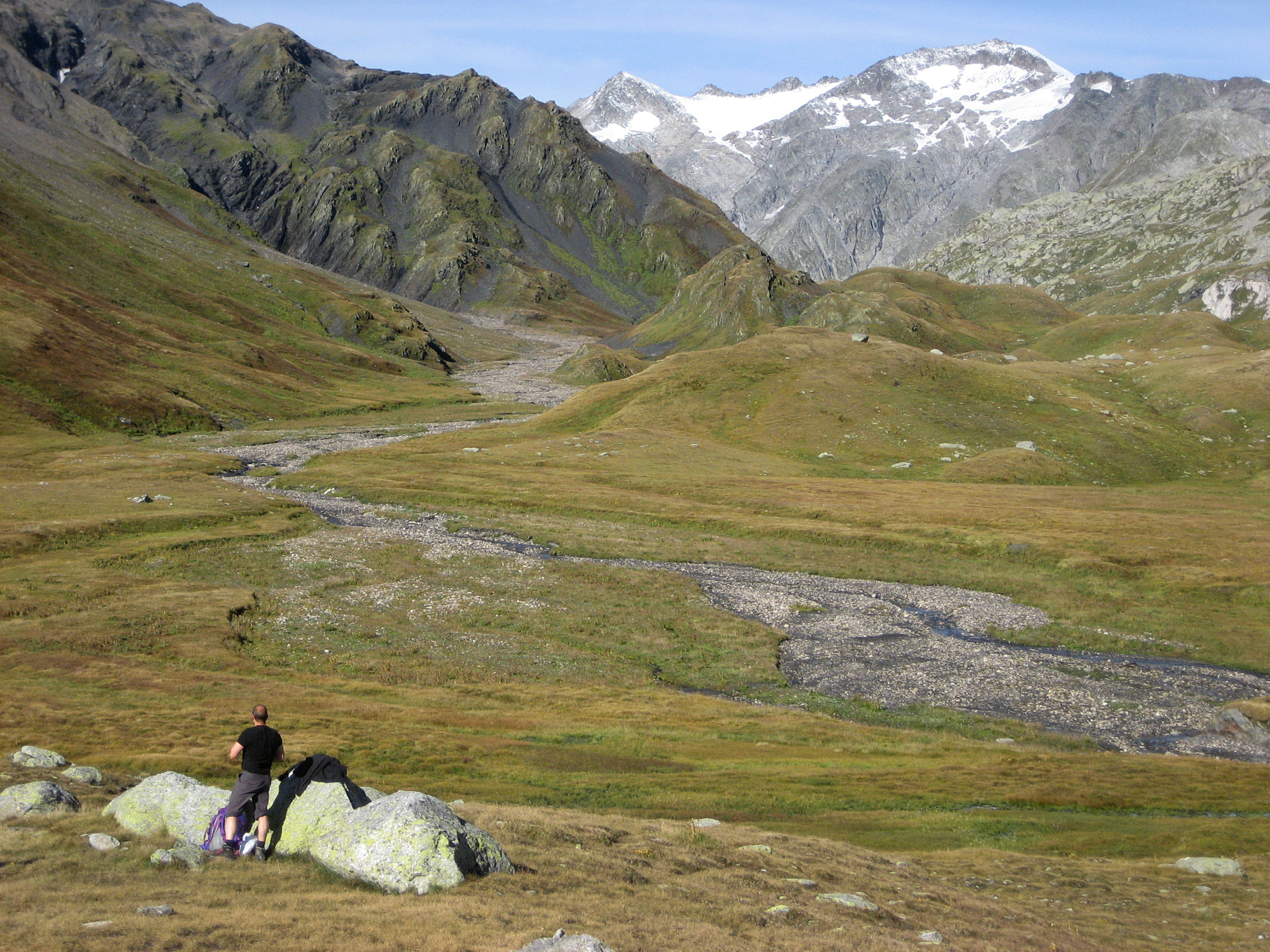
You can find an overview of ongoing debates with our journalists here. Please join us!
If you want to start a conversation about a topic raised in this article or want to report factual errors, email us at english@swissinfo.ch.